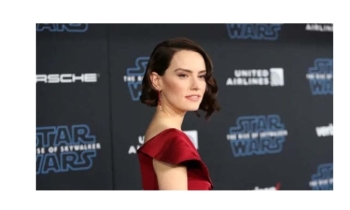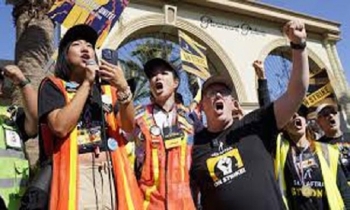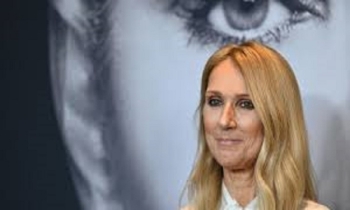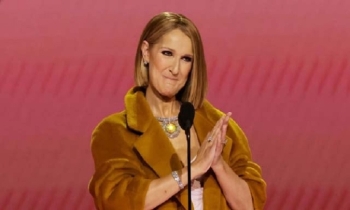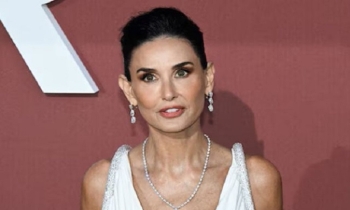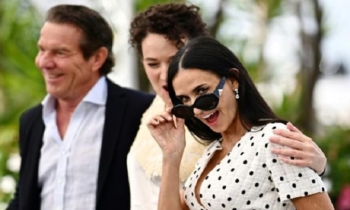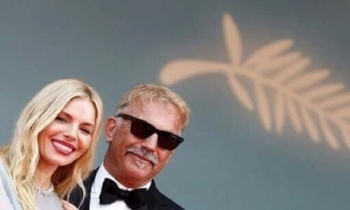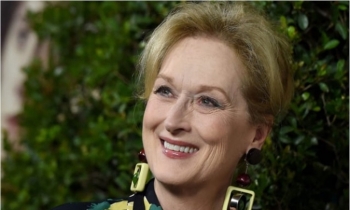Eurovision in Gaza’s shadow as Israel competes in final
BI Desk || BusinessInsider
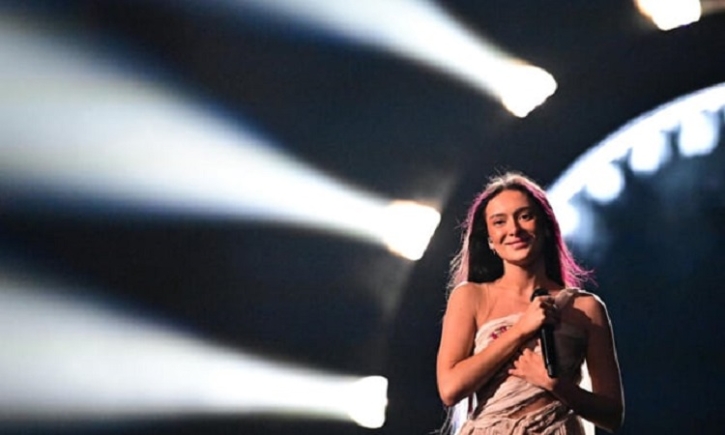
Photo: Collected
The Eurovision Song Contest final gets underway in Sweden's Malmo on Saturday with thousands of protesters expected to culminate a week of tensions surrounding Israel's participation during the Gaza war.
Israel ranks with Croatia and Switzerland as one of the bookmakers' favourites to succeed Sweden and take home the colourful and kitschy competition watched by more than a hundred million people.
Police say up to 20,000 demonstrators are expected to rally against Israel's participation in Malmo, whose more than 360,000 inhabitants represent 186 nationalities, many from the Middle East, reports BSS/AFP.
Sweden's third-largest city is also expecting up to 100,000 fans from 90 countries, on the 50th anniversary of iconic pop group ABBA's Eurovision win with "Waterloo".
The European Broadcasting Union (EBU), which oversees the event, confirmed in March the participation of Israel's contestant Eden Golan, despite calls for her exclusion from thousands of musicians around the world.
More recently, nine of the acts, seven of whom are finalists, have called for a lasting ceasefire in Gaza.
The war started with Hamas's unprecedented October 7 attack on Israel that resulted in the deaths of more than 1,170 people, mostly civilians, according to an AFP tally of Israeli official figures.
Militants also seized hostages, of whom Israel estimates 128 remain in Gaza, including 36 who the military says are dead.
Israel's retaliatory offensive has killed at least 34,943 people in Gaza, mostly women and children, according to the Hamas-run territory's health ministry.
- Condemnation -
Golan's song is an adaptation of an earlier version named "October Rain", which she modified after organisers deemed it too political because of its apparent allusions to the Hamas attack.
The EBU, which suspended Russia in the wake of the war in Ukraine, insists it does not play politics.
Last year it banned Ukrainian President Volodymyr Zelensky from speaking in the arena to protect the event's neutrality.
This neutrality was challenged on Tuesday by Swedish singer Eric Saade, who took part in the opening number of the competition wearing a keffiyeh around his arm.
Two days later, the unions at Belgian broadcaster VRT briefly interrupted transmission of the second semi-final to broadcast a message in support of the Palestinians.
"We condemn the violations of human rights by the state of Israel," the message said in Dutch, accompanied by the hashtags #CeasefireNow and #StopGenocide.
Inside the Malmo Arena, where organisers have banned all flags other than those of the participating countries, it's all neon lights, bright costumes and upbeat melodies.
Last year's showpiece in Britain's Liverpool "was a huge party, a celebration thrown in Putin's face", anthropologist and Eurovision specialist Lisanne Wilken told AFP, referring to Russia's leader.
"This year it really is more difficult for Sweden to position itself," she added.
- Security tightened -
To gain access to the Malmo Arena, the some 9,000 spectators have to pass through a reinforced security system designed in particular to discourage protesters from approaching.
Police have said there are no threats directed at the competition, but their presence has been strengthened with reinforcements from Norway and Denmark.
Sally Sadler, a music fan from the UK, said the protests had dampened the spirit of Eurovision "a little bit".
"But it's all about unity and music. We're all here together, all nations, for love not hate," she told AFP.
For the fans, it is now time for rhinestones and lively rhythms and the 2024 edition offers a wide range of musical genres.
Several acts "are about mental health, many young artists express that they are not feeling well and are struggling with their identities", Andreas Onnerfors, professor of the history of ideas and a Eurovision specialist, told AFP.
"Another clear theme is religious and spiritual allusions. Then there is the classic range of love songs from disappointment to innocent infatuation," he continued.
While politics is mostly absent on stage, it is closer than organisers were hoping for.
At the press conference after the second semi-final, the Netherlands' Joost Klein repeatedly covered his face with a Dutch flag, seemingly signifying he didn't agree with being placed next to Golan.
Klein was absent from Friday's dress rehearsal, with the EBU investigating "an incident" involving the artist.

